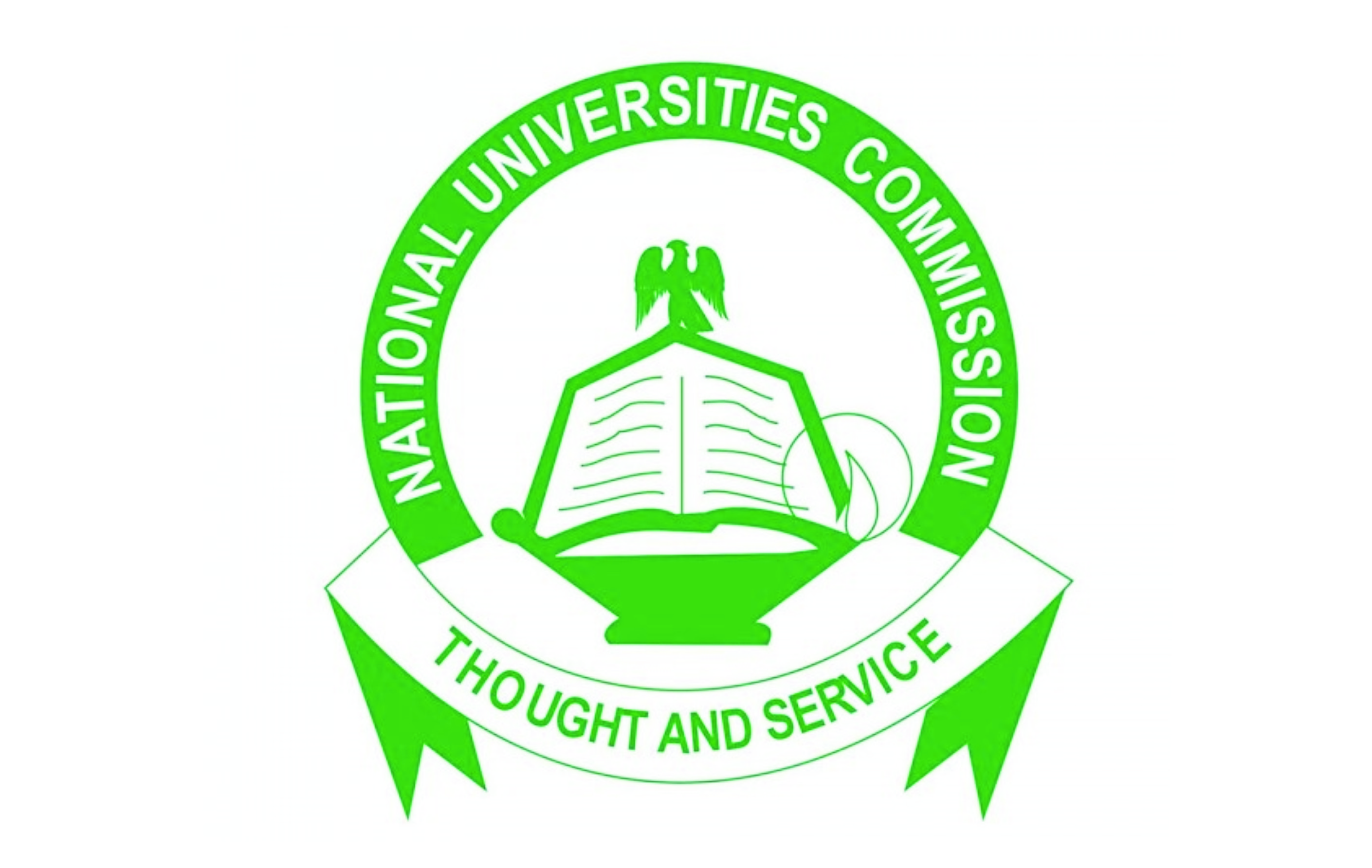Opinion
Mass Communication As Unbundled

With the recent happenings in Nigeria’s education sector, the Nigerian Universities Commission (NUC) cannot be said to be living below its vision of being a dynamic regulatory agency acting as a catalyst for positive change and innovation for the delivery of quality university education in Nigeria.
Created in Nigeria, to enable the attainment of stable and crisis-free university system, work with Nigerian universities to achieve full accreditation status for, at least, 80% of the academic programmes, NUC was also to initiate and promote proficiency in the use of ICT for service delivery within the commission and the Nigerian university system, as well as upgrade and maintain physical facilities in the Nigerian university system for delivery of quality university education.
However, while the commission is still on a mandate to foster partnership between the Nigerian university system and the private sector, the need to match Nigerian university graduate output with national manpower needs, seems to have gained top priority in its scheme of things.
This is evident on the recent visible reforms in the country’s tertiary education which have birthed the federal government’s approval of the establishment and immediate take-off of six new federal colleges of education in each of the geo-political zones in the country, as well as the unbundling of mass communication programme in Nigerian universities
This resolve, which experts have applauded and described as a step in a right direction, is the commission’s way of guiding Nigerian universities to be in line with 21st Century requirements; most importantly, the establishment of additional colleges of education.
More institutions for teacher education will not only increase the number of quality teachers in the country, it would create more job opportunities for Nigerians, and also improve standard of education. Of course, with an improved teacher education, the system is sure to turn out products that can compete globally with their counterparts.
The unbundling of mass communication programme in Nigerian universities into seven separate degree programmes, thereby, making Mass Communication to be a full faculty, happens to be another landmark achievement.
The seven new programmes or departments to be domiciled in a Faculty, School or College of Communication and Media Studies are: Journalism & Media Studies, Public Relations, Advertising, Broadcasting, Film & Multi-Media Studies, Development Communication Studies, Information & Media Studies.
Recall that the executive secretary of the commission, Professor Abubakar Adamu Rasheed, on assumption of office in 2018, said during a workshop in Abuja on the proposed Higher Education Reform and Africa Centres of Excellence (ACE), that getting it right at the higher education level would proffer solutions to the socio-economic and political problems facing the country.
Needless to argue, the original mass communication degree curriculum was too packed, didn’t have much on visual images and films, not even much attention was given to development communications. Above all, it has become obsolete and so cannot accommodate the new developments in the media trends, particularly the changing landscape of politics and economy.
The unbundling, no doubt, would allow lecturers to go into the newsroom to practice and journalists to go into the classroom to teach. By the segmentation, one can be allowed to focus on skill cultivation. In the long run, it is hoped that the practical will be balanced with the theory.
This invariably makes the university more responsive to the dynamics of the labour market by ensuring that the right curriculum is put in place to ensure that quality graduates are turned out at the end of the day to meet the demand of industries.
By so doing, the university community moves from theoretical to the practical aspect of science and technology thereby increasing graduate employability skills.
From the foregoing, graduates of a media studies bachelor’s degree programme would be prepared for both traditional and non-traditional media careers. Some graduates will find work as news journalists, film editors and communication specialists. Other job titles might include public relations specialist, advertising account manager, marketing analyst, newsroom coordinator, broadcast journalist, photojournalist and a range of other exciting career options.
Sylvia ThankGod-Amadi
Opinion
Righteous Leadership Still Thrives

Opinion
Incentives: Key to Police Morale

Opinion
Time and Season Can Tell

-
Maritime3 days ago
Nigeria To Pilot Regional Fishing Vessels Register In Gulf Of Guinea —Oyetola
-
Maritime3 days ago
Customs Declares War Against Narcotics Baron At Idiroko Border
-

 Sports2 days ago
Sports2 days agoGombe-Gara Rejects Chelle $130,000 monthly salary
-
Maritime3 days ago
NIMASA,NAF Boost Unmanned Aerial Surveillance For Maritime Security
-

 Sports2 days ago
Sports2 days agoTEAM RIVERS SET TO WIN 4×400 ” MORROW” …Wins Triple jump Silver
-
Maritime3 days ago
NIWA Collaborates ICPC TO Strengthen Integrity, Revenue
-

 Sports2 days ago
Sports2 days agoNPFL Drops To 91st In Global League Rankings
-

 Sports2 days ago
Sports2 days agoNPFL Impose Fines On Kwara United Over Fans Misconduct

